The below post was originally shared via the Association of Network Managers in Education (ANME) on 20th December 2021
Different schools use different job titles for the work that I do, and in addition, the specific tasks and requirements differ from school to school based on size, context, budgetary constraints and a variety of other factors. As such, I thought I would share a brief outline of a day in my life.
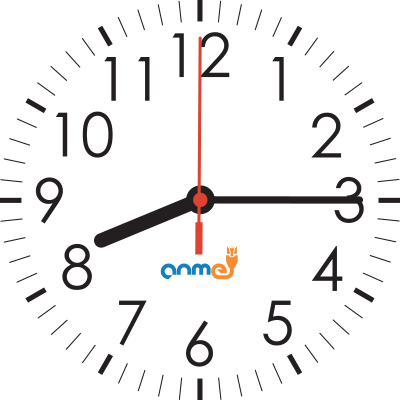
So, it’s Thursday, December 2nd and the day kicks off for me around 8:15 am when I arrive at the office and get set up for the day. My first port of call is to get email on screen plus my collection of daily web pages including my To-Do list, our help desk and other apps I need on a daily basis. One of the first things I look at is any alerts in relation to suspicious user account activity to see if there is anything that might merit my involvement plus also to make sure anything which requires logging is logged ready to be reported to SLT.
My next activity was a quick chat with our Network Manager in relation to some Wi-Fi usage data I had been looking at. We started gathering the data and analysing it in response to some general student complaints regarding Wi-Fi connectivity, however, the data doesn’t quite support the existence of a general issue, albeit individual students may have specific issues in relation to their devices, connectivity, or services which they are trying to access. Rather than requiring general action, these issues will require contact with the students to try and identify and resolve their specific, individual issues.
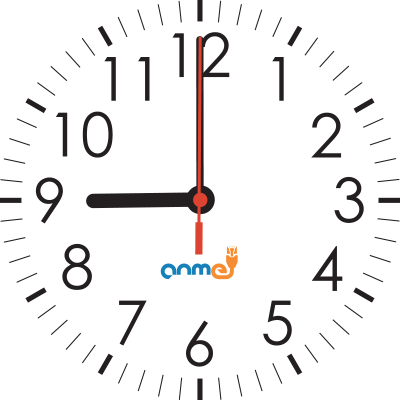
At 9:00 and my first meeting of the day, with our Director of Finance. There are a number of current projects which make up the agenda for our discussion plus a discussion of cyber security issues and some recent infrastructure challenges we had been facing.
As is generally the case, the meeting is a packed one and, in this case, even runs beyond the allocated one-hour slot. Immediately following the meeting, I spend a little bit of time digesting the discussion and noting down any actions, making sure these are added to my To-Do list as appropriate.
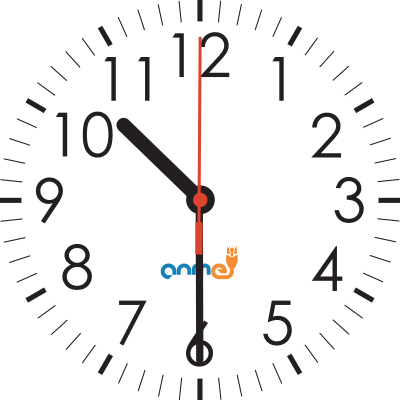
10:30 and I am working on our annual IT Services perception survey. This is basically 3 surveys that go out to staff, senior school students and prep school students to gauge their experience and perception of IT Services and of our devices, infrastructure, etc. We have been gathering this info now for around 5 years and it is the longitudinal nature of the data, rather than the in-year data which is most useful as it highlights trends over time. I spend a little time preparing the relevant surveys and the associated communications that go with them, plus make sure to keep a number of key staff aware of the planned release of the surveys.
Following this, my next task relates to phishing awareness. We recently ran several awareness tests on small groups of staff whereby we sent a fake phishing email to them to see if they identified the email as malicious or if they fell for the bait. I now need to write up a short report on the findings from the most recent test so this can be shared with SLT for their info. This process has been useful in identifying the type of phishing emails that staff tend to fall far, which then allows us to direct awareness training to this area.
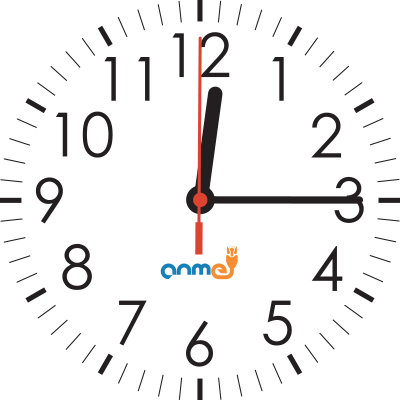
My department weekly briefing is my final task before lunch. This is a weekly document rather than a face-to-face meeting and serves to share thoughts, notices, etc with the IT Services team hopefully also serving as a record of activities, etc and as a repository of useful info. It isn’t a long task to create these each week as I tend to follow a rough template. This week’s briefing turns out to be a slightly longer one, but this is mainly due to sharing some of the positive feedback I had received in relation to the team’s recent activities.
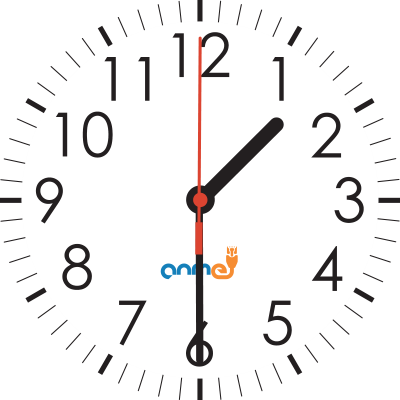
Following lunch, I have meetings with the Head of IT at our prep school and our Director of EdTech for our senior school. I work closely with both, where their focus is very much is on what happens in the classroom and the pedagogy, my focus is a little more on the technology, infrastructure, support services and cyber security. The key thing is together we are able to provide a guiding direction in terms of technology use within the school, each able to bring our different experiences and skillset to bear in discussions. Due to this, we make up a central part of the schools IT Management group which also includes SLT members and a number of teaching staff. This week’s discussions focus on the school’s technology strategy and expanding on it so staff have a clearer understanding of it, plus on the now-launched satisfaction surveys.
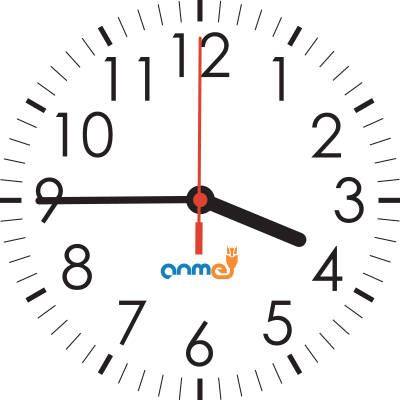
The end of the day (5pm) is now fast approaching so I spend a bit of time continuing to work on my end of term report. I try to provide a termly report which contains useful data in relation to our infrastructure, systems, user support, etc. The purpose of the data is very much about transparency and making sure that the SLT is always aware of all the work going on in IT Services even when everything is working fine. It also serves to identify trends, opportunities, and concerns. I find the report particularly useful in continuing to build awareness in relation to cyber security risks. As much as possible I try to use readily available data to avoid it taking too long to process however, the reports still do take a bit of time to produce. In my view, they are however well worth the effort in avoiding IT Services disappearing behind the curtain until the next issue arises.
Reflections
Looking back, it was a reasonably busy day with a number of reports being written. I suspect this was largely due to the fact we were fast approaching the end of term but also the end of the calendar year and therefore some of these reports needed to be in before everyone broke up for the winter break. Cyber security was certainly high on my order of thinking, however, this is increasingly the case. Our technology strategy, which we recently updated, was also high on the priority list.
I suspect, although Directors of IT, or those in similar roles at other schools, are all travelling in roughly similar directions in terms of technology use within their school or schools the route taken can differ significantly. As such my day may look totally different to your day, but that’s not a problem. The key is that we each know in which direction we wish to go, and are taking the necessary steps to get there.




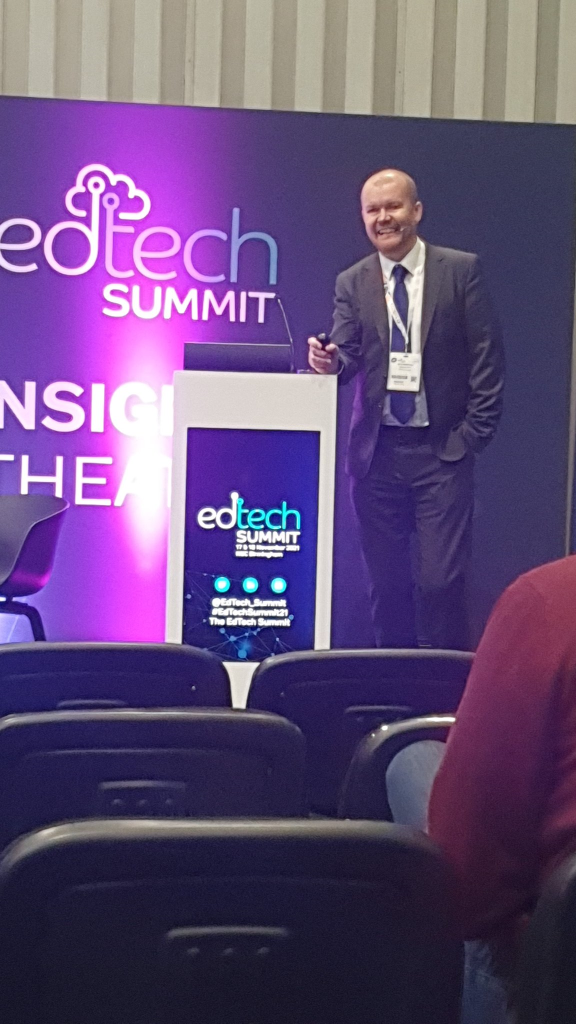
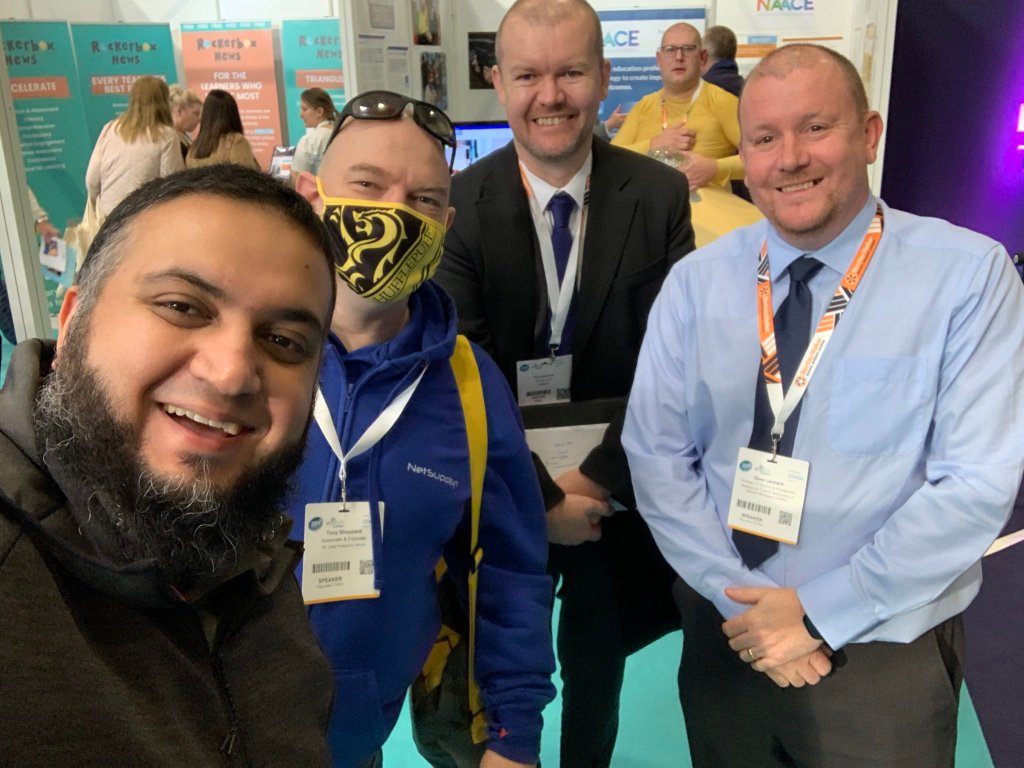

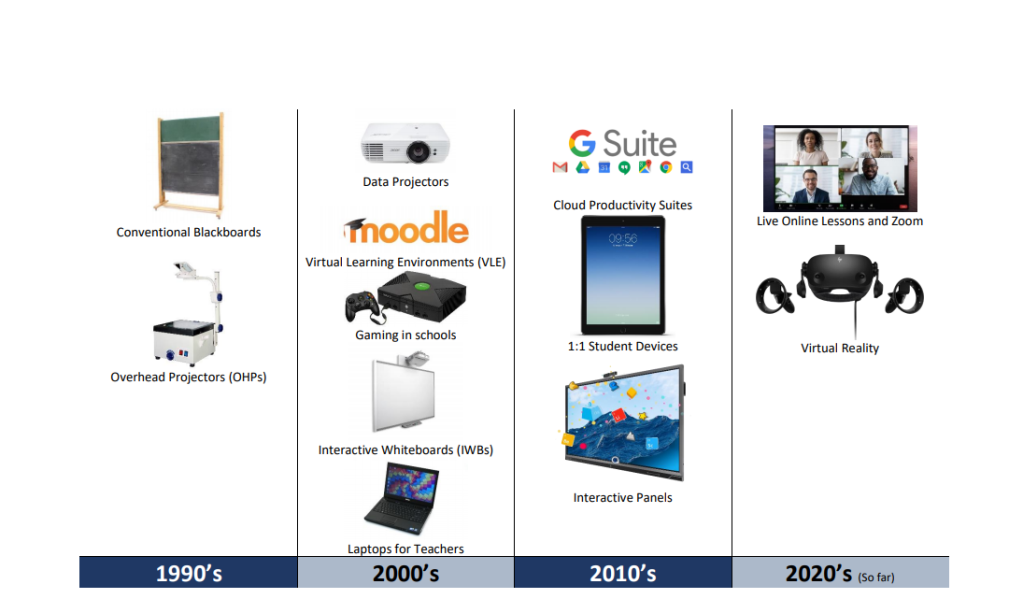

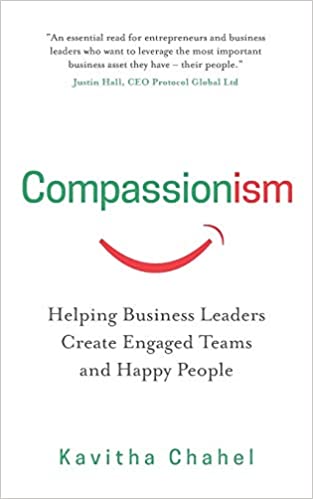 Compassionism by Kavitha Chahel
Compassionism by Kavitha Chahel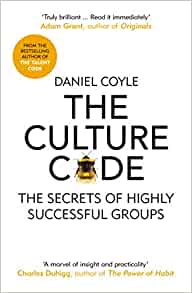 The Culture Code by Daniel Coyle
The Culture Code by Daniel Coyle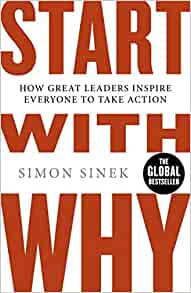 Start with why by Simon Sinek
Start with why by Simon Sinek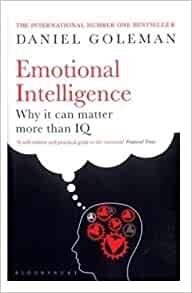 Emotional Intelligence by Daniel Goleman
Emotional Intelligence by Daniel Goleman Blink by Malcolm Gladwell
Blink by Malcolm Gladwell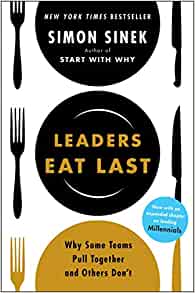 Leaders Eat Last by Simon Sinek
Leaders Eat Last by Simon Sinek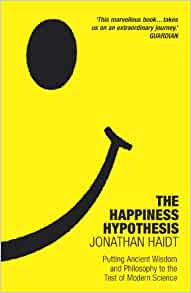 The Happiness Hypothesis by Jonathan Haidt
The Happiness Hypothesis by Jonathan Haidt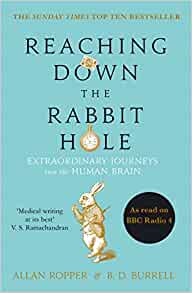 Reaching down the rabbit hole by Allan Ropper & B.D Burrell
Reaching down the rabbit hole by Allan Ropper & B.D Burrell I’m worth more by Rob Moore
I’m worth more by Rob Moore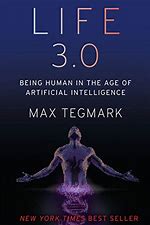 Life 3.0 by Max Tegmark
Life 3.0 by Max Tegmark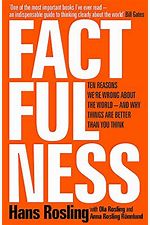 Factfulness by Hans Rosling
Factfulness by Hans Rosling Enlightenment No by Steven Pinker
Enlightenment No by Steven Pinker


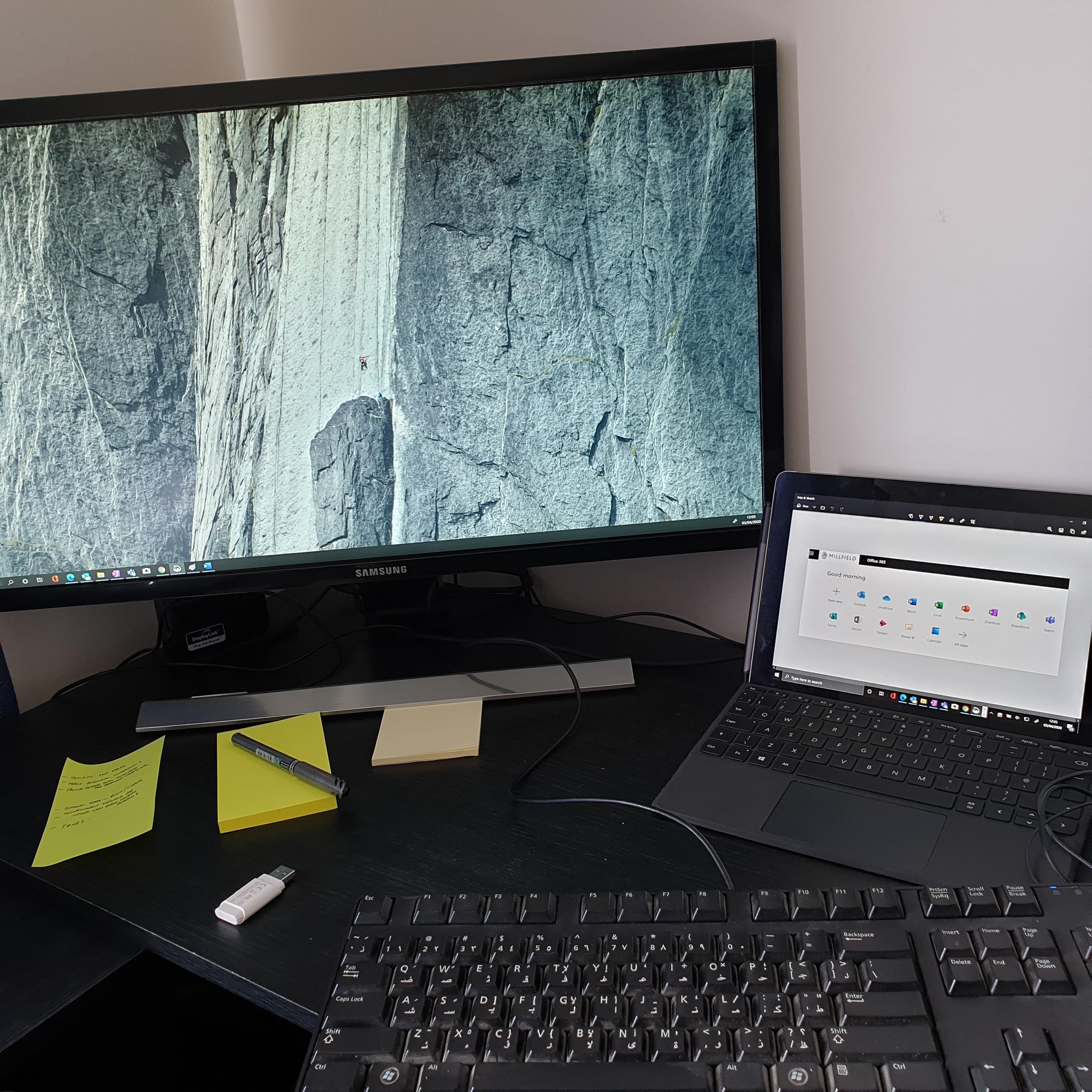 Its now been 2 weeks of working from home so I thought I would share how I am getting on.
Its now been 2 weeks of working from home so I thought I would share how I am getting on. The issue of risk to others is one that particularly interests me and possible the issue which helped me eventually make the correct decision to remain at home. In thinking about this risk, the concept of near-misses and remote-misses in relation to the World War II bombing came to mind. Heading into World War II psychologists were worried about the significant impact on mental health which widespread bombing of London would have. There were fears that society would collapse. The reality was far from this, as people came together and developed a community spirit and resilience, almost the opposite behaviour as to what was expected. As psychologists sought to understand what happened they came upon the concept of near and remote misses. A near miss meant a person physically felt a bomb go off and saw the aftermath in the dead, including friends and relatives. These people suffered psychologically and often physically from bombings. Remote misses referred to those people who heard the bombs fall and saw the damage to building but who did not experience any direct loss or see injuries and deaths first-hand. The vast majority of Londoners fell into the Remote Miss category. For these people, they were spared and may have seen themselves as lucky, and with each subsequent bombing they survived they felt more and more lucky, and even invincible, each subsequent bombing reinforced their belief that bombs didn’t impact on them. It is through these people that the community spirit and resilience built despite all the death and destruction across London during the bombing. Taking this idea and applying it to the Corona virus we have near misses in those who either contracted the virus or have loved ones who have contracted it, and even died from it, but we also have the remote misses in those who haven’t contracted the virus, or had mild symptoms or even who are infected but asymptomatic but who were aware through the news, social media, etc. The remote misses, like in London, significantly outnumber the near misses and through this and the sense of invulnerability or “it won’t happen to me” which may have developed, may have been behaving counter to the guidance being offered by the government. As such “social distancing” wasn’t being adhered to as it wasn’t important, or at least wasn’t perceived to be important. To be clear, the concept of remote misses helps to explain behaviour but it doesn’t excuse it. For me, in understanding behaviour and my own thinking, I was better able to question it and arrive at what I consider the “right” decision.
The issue of risk to others is one that particularly interests me and possible the issue which helped me eventually make the correct decision to remain at home. In thinking about this risk, the concept of near-misses and remote-misses in relation to the World War II bombing came to mind. Heading into World War II psychologists were worried about the significant impact on mental health which widespread bombing of London would have. There were fears that society would collapse. The reality was far from this, as people came together and developed a community spirit and resilience, almost the opposite behaviour as to what was expected. As psychologists sought to understand what happened they came upon the concept of near and remote misses. A near miss meant a person physically felt a bomb go off and saw the aftermath in the dead, including friends and relatives. These people suffered psychologically and often physically from bombings. Remote misses referred to those people who heard the bombs fall and saw the damage to building but who did not experience any direct loss or see injuries and deaths first-hand. The vast majority of Londoners fell into the Remote Miss category. For these people, they were spared and may have seen themselves as lucky, and with each subsequent bombing they survived they felt more and more lucky, and even invincible, each subsequent bombing reinforced their belief that bombs didn’t impact on them. It is through these people that the community spirit and resilience built despite all the death and destruction across London during the bombing. Taking this idea and applying it to the Corona virus we have near misses in those who either contracted the virus or have loved ones who have contracted it, and even died from it, but we also have the remote misses in those who haven’t contracted the virus, or had mild symptoms or even who are infected but asymptomatic but who were aware through the news, social media, etc. The remote misses, like in London, significantly outnumber the near misses and through this and the sense of invulnerability or “it won’t happen to me” which may have developed, may have been behaving counter to the guidance being offered by the government. As such “social distancing” wasn’t being adhered to as it wasn’t important, or at least wasn’t perceived to be important. To be clear, the concept of remote misses helps to explain behaviour but it doesn’t excuse it. For me, in understanding behaviour and my own thinking, I was better able to question it and arrive at what I consider the “right” decision.